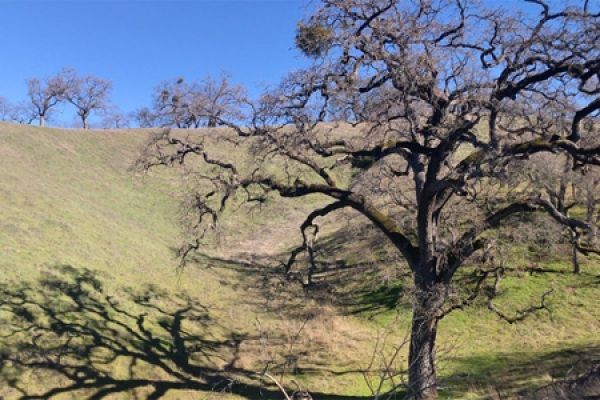Supporting deer and squirrels, acorn woodpeckers and oak moths, these habitats occupy tens of thousands of acres across the state. Yet change is coming to these widespread habitats. Like much of the West, California’s foothills are predicted to experience shifts in climate in coming decades. Shifts in the amount and timing of precipitation, together with warming weather, are likely to affect how fast local soils will erode, how much water is stored below ground, and even whether oaks can survive where they are found today.
To understand how these beloved woodlands will fare in a rapidly warming climate, UC Santa Cruz researchers are putting a headwaters stream in the Diablo Range under a hydrological microscope.
“Our globe has a finite amount of water. Once it rains, where does water go? How long does it stay in our hill slopes? And what controls how it leaves in streams and through plants?” asks Margaret Zimmer, a professor of Earth and planetary sciences at UC Santa Cruz.
Continue reading at University of California Santa Cruz
Image via University of California Santa Cruz


